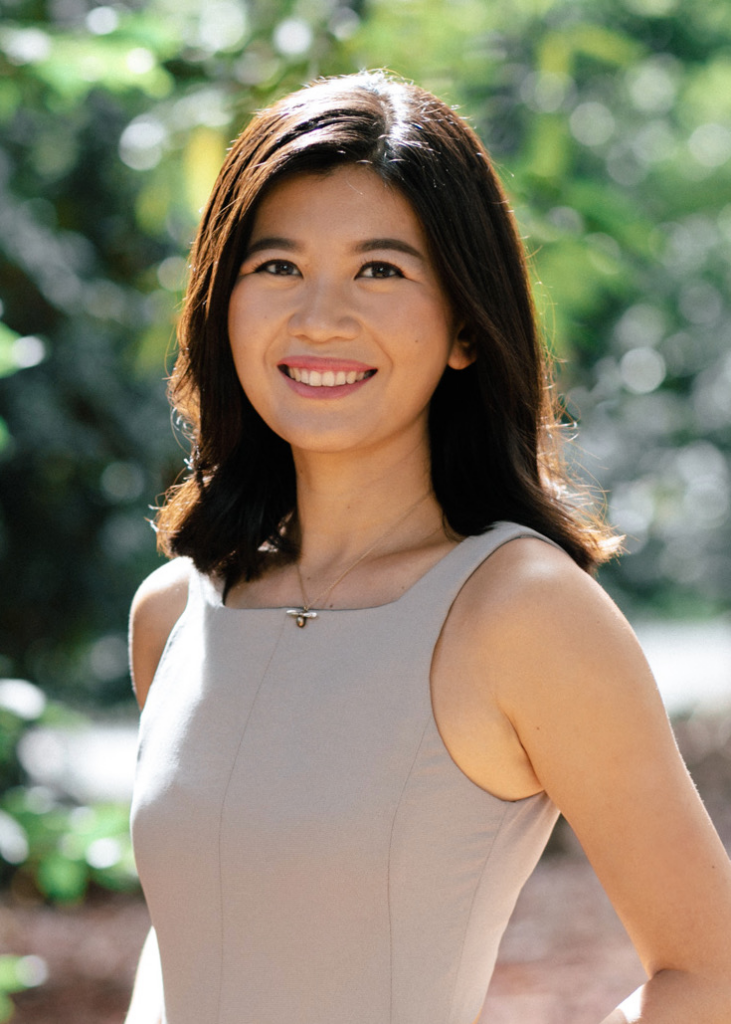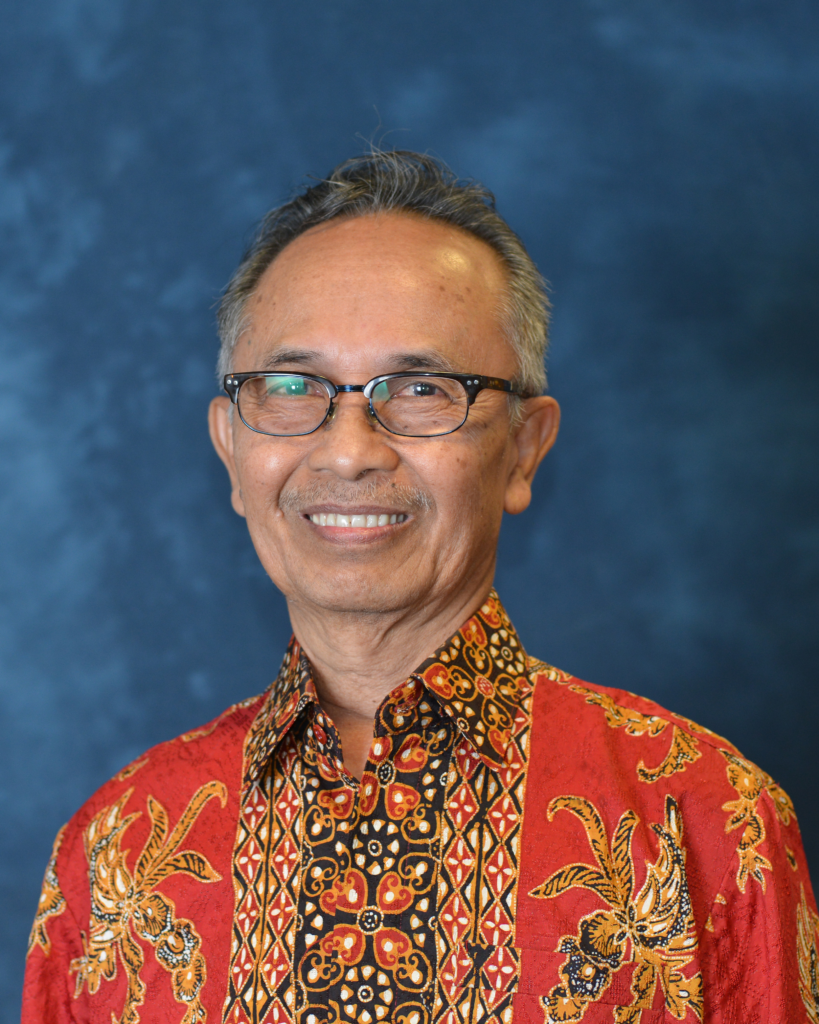In the Fries Center for Global Studies, part of our mission is to “expand opportunities for all students and faculty wishing to pursue a global perspective in the field of their choice, both on campus and abroad,” as well as to “support international faculty research and creative practice, both on-going and especially for individuals developing new or comparative areas of interest; support international collaborations.” Below, we would like to highlight a few of the international research projects which members of our faculty are involved with currently, or have been recently. We will continue to celebrate international research in our community on an annual basis, so please feel free to share your projects on this form at any time.
Andrew Quintman

Journal of Tibetan Literature
Tibet, China, Bhutan, Nepal
I am co-founding editor of a new peer-reviewed open source academic journal called the Journal of Tibetan Literature, dedicated to publishing research, translation, and criticism of Tibetan-language texts from the origin of the written language to the present. JTL addresses the form, content, and scope of Tibetan literature and the material aspects of texts. It encourages an exploration of the literary in Tibetan writing from a wide range of methodological and theoretical perspectives. The first issue of the Journal of Tibetan Literature was published on Nov 15, 2022. For more information, click here.
Andrew Quintman is a scholar of Buddhist traditions in Tibet and the Himalayan world focusing on Buddhist literature and history, sacred geography and pilgrimage, and visual cultures of the wider Himalaya. His work addresses the intersections of Buddhist literary production, circulation, and reception; the reciprocal influences of textual and visual narratives; and the formation of religious subjectivities and institutional identities. He is also engaged in developing new digital tools for the study and teaching of religion. His book, The Yogin and the Madman: Reading the Biographical Corpus of Tibet’s Great Saint Milarepa (Columbia University Press 2014), won the American Academy of Religion’s 2014 Award for Excellence in the Study of Religion, the 2015 Heyman Prize for outstanding scholarship from Yale University, and received honorable mention for the 2016 E. Gene Smith Book Prize at the Association of Asian Studies. In 2010 his new English translation of the Life of Milarepa was published by Penguin Classics. He is currently working on two new projects, one exploring Buddhist religious and literary culture in the borderlands of Tibet and Nepal, and the other examining the Life of the Buddha through visual and literary materials associated with the seventeenth-century Jonang Monastery in western Tibet.
Rachel Heng

The Great Reclamation
Singapore
The Great Reclamation is a novel set in mid-20th century coastal Singapore, towards the end of British colonial rule. It is the coming-of-age story of a young boy who grows up amidst the political upheaval and great physical changes to the landscape that take place during this time, as the fishing village he calls home is caught up in the young nation’s ambitious land reclamation project. The Great Reclamation is available for preorder here.
Rachel Heng is the author of the novels The Great Reclamation (Riverhead, 2023) and Suicide Club (Henry Holt, 2018), which has been translated into ten languages worldwide and won the Gladstone Library Writer-In-Residence Award. Rachel’s short fiction has appeared in The New Yorker, McSweeney’s Quarterly, One Story, Kenyon Review, and has been recognized by anthologies including Best American Short Stories, The Pushcart Prize, Best Small Fictions and Best New Singaporean Short Stories. She was recently longlisted for the 2021 Sunday Times Short Story Award, “the world’s richest and most prestigious prize for a single short story.” Her non-fiction has been listed among Best American Essays’ Notable Essays and published in Al Jazeera, Guernica, BOMB Magazine, The Rumpus and elsewhere. She has received fellowships from the National Endowment of the Arts, Vermont Studio Center, Sewanee Writers’ Conference, Fine Arts Work Center and the National Arts Council of Singapore. Rachel received her MFA in Fiction and Playwriting from the Michener Center for Writers, UT Austin, and her BA in Comparative Literature & Society from Columbia University.
Sumarsam

Interculturalism and Interreligiousity in Javanese performing arts
Java, Indonesia
My research focuses on the intersection between religion and performing arts, examining discourses of interculturalism, interreligiousity, performing arts, and Islam among the Javanese in Indonesia. I am writing a draft of my third book tentatively entitled “History and Myth, Interculturalism and Interreligiousity: The In-Between in Javanese Performing Arts.”
Sumarsam has played Javanese gamelan since childhood. He is also a keen amateur dhalang (puppeteer) of wayang puppet play. His research on the history, theory, and performance practice of gamelan and wayang, and on Indonesia-Western encounter theme has resulted the publication of numerous articles and two books: Gamelan: Cultural Interaction and Musical Development in Central Java (1995) and Javanese Gamelan and the West (2013). Sumarsam’s recent research focuses on the intersections between religion and performing arts, examining discourses of transculturalism, the performing arts, and Islam among the Javanese. He is the recipient of a number of fellowship grants and awards, including the National Endowment for the Humanities and the American Council of Learned Societies fellowship (2016-17), Indonesian Bintang Satyalencana Cultural Award (2017), the International Gamelan Festival Literacy Award (2018), and Yale Institute of Sacred Music Fellowship (2019-20). He was recently named the 2018 honorary membership of the Society for Ethnomusicology.
Mary Alice Haddad

City Diplomacy
I am studying the ways that cities collaborate across national borders to solve pressing problems. Issues that I’m studying include climate change, health, migration, antiracism, art…
Professor Mary Alice Haddad’s current work concerns city diplomacy and environmental politics with a focus on East Asia, especially China, Japan, Korea, and Taiwan. Her earlier research focused on civic engagement, democracy, citizenship, volunteering, and nonprofit organizations. She is the John E. Andrus Professor of Government, Director of the Office of the Faculty Career Development, and Professor of East Asian and Environmental Studies at Wesleyan University.
A Fulbright and Harvard Academy scholar, Haddad is author of three books: Effective Advocacy: Lessons from East Asia’s Environmentalists (MIT press, 2021), Building Democracy in Japan (Cambridge, 2012) and Politics and Volunteering in Japan (Cambridge, 2007), and co-editor of two more: Greening East Asia: The Rise of the Eco-Developmental State (University of Washington, 2021; co-edited with Ashley Esarey, Stevan Harrell, and Joanna Lewis) and NIMBY is Beautiful (Berghahn Books, 2015; co-edited with Carol Hager). She has published in journals such as Comparative Political Studies, Democratization, Journal of Asian Studies, and Nonprofit and Voluntary Sector Quarterly. For links to some of her publications, please visit her ResearchGate or WesScholar sites.
Jeffers Lennox

North of America: Loyalists, Indigenous Nations, and the Limits of the Long American Revolution
Canada
The story of the Thirteen Colonies’ struggle for independence from Britain is well known to every American schoolchild. But at the start of the Revolutionary War, there were more than thirteen British colonies in North America. Patriots were surrounded by Indigenous homelands and loyal provinces. Independence had its limits.
Upper Canada, Lower Canada, New Brunswick, Nova Scotia, Newfoundland, and especially the homelands that straddled colonial borders, were far less foreign to the men and women who established the United States than Canada is to those who live here now. These northern neighbors were far from inactive during the Revolution. The participation of the loyal British provinces and Indigenous nations that largely rejected the Revolution—as antagonists, opponents, or bystanders—shaped the progress of the conflict and influenced the American nation’s early development.
North of America describes how Loyalists and Indigenous leaders frustrated Patriot ambitions, defended their territory, and acted as midwives to the birth of the United States while restricting and redirecting its continental aspirations.
I work on the history of Early North America from the seventeenth to early nineteenth centuries. My specific areas of interest include the British, French, and Indigenous relations in northeastern North America, and the impact that Canada had on the American Revolution and the creation of the United States.
Teresita Padilla-Benavides

France, Argentina, and Mexico
I have 3 different projects with colleagues in these countries related to metal biology and cancer research. We investigate metal biology in the context of skeletal muscle development with colleagues in Argentina. Another project studies a novel metal transporter produced by COVID-19 virus with colleagues in Mexico. And we study protein kinases that are cancer suppressors with scientists in France.
My lab is investigating the biological roles of transition metals, such as Cu, Zn, Co, and Mn, in the development of mammalian cells. Metals play many critical roles in biology as co-factors for a variety of enzymes that are necessary for energy production, tissue maturation, signal transduction and oxidative stress resistance. Metal homeostasis requires chelation by high-affinity binding molecules, transport and sensing by transcriptional regulators to maintain low levels of free metals, as free metals participate in different toxic reactions. How organisms acquire these micronutrients and distribute them to specific cellular compartments or target proteins are subjects of intense scientific interest. Moreover, little is known about how metals and the proteins that handle and distribute them participate in processes that regulate normal growth and development. Eukaryotic genomes encode a wide variety of metal transporters and metalloproteins. Although their biochemical and metal binding properties are relatively well understood, little is known about the fine-tuned regulation of their expression, specificity for metal transport, and the redundancy of functions in the context of cell differentiation and development.
Victoria Pitts-Taylor

“¿Neurobiológicamente pobre? Fenotipos cerebrales, desigualdad y determinismo biosocial”
In this study, I address the potential for biosocial determinism in linking neural phenotypes and social problems. I use an intersectional approach to consider the presence and absence of race in this body of research and explore how some methodological and conceptual framings of the “brain on poverty” implicitly mark poor and minority children for intervention in concert with neoliberal approaches to poverty. The article was first published in English; it has been translated into Spanish for the volume “¿Somos sujetos cerebrales? Neurociencias, Salud Mental y Sociedad,” edited by Álvaro Jiménez Molina and Gabriel Abarca Brown.
Victoria Pitts-Taylor studies how the body is understood and modified by medicine, science and culture. Professor Pitts-Taylor is author of The Brain’s Body: Neuroscience and Corporeal Politics (Duke University Press, 2016), which won the Philosophy of Science Association’s Women’s Caucus Prize in Feminist Phiolosophy of Science and the Robert K. Merton Book Prize from the Science, Knowledge and Technology Section of the American Sociological Association. She is also author of In the Flesh: the Cultural Politics of Body Modification (2003, Palgrave Macmillan) and Surgery Junkies: Wellness and Pathology in Cosmetic Culture (2007, Rutgers University Press). She is the Editor of the two-volume Cultural Encyclopedia of the Body (2008, Greenwood Press), and Mattering: Feminism, Science, and Materialism (NYU Press, 2016). She is a past recipient of the American Sociological Association’s Advancement of the Discipline Award and a former co-editor of WSQ (Women’s Studies Quarterly). She served as the first elected chair of the American Sociological Association’s Section on the Body and Embodiment. Her most recent articles are published in the journals Science, Technology and Human Values, Sexualities, and Health.


